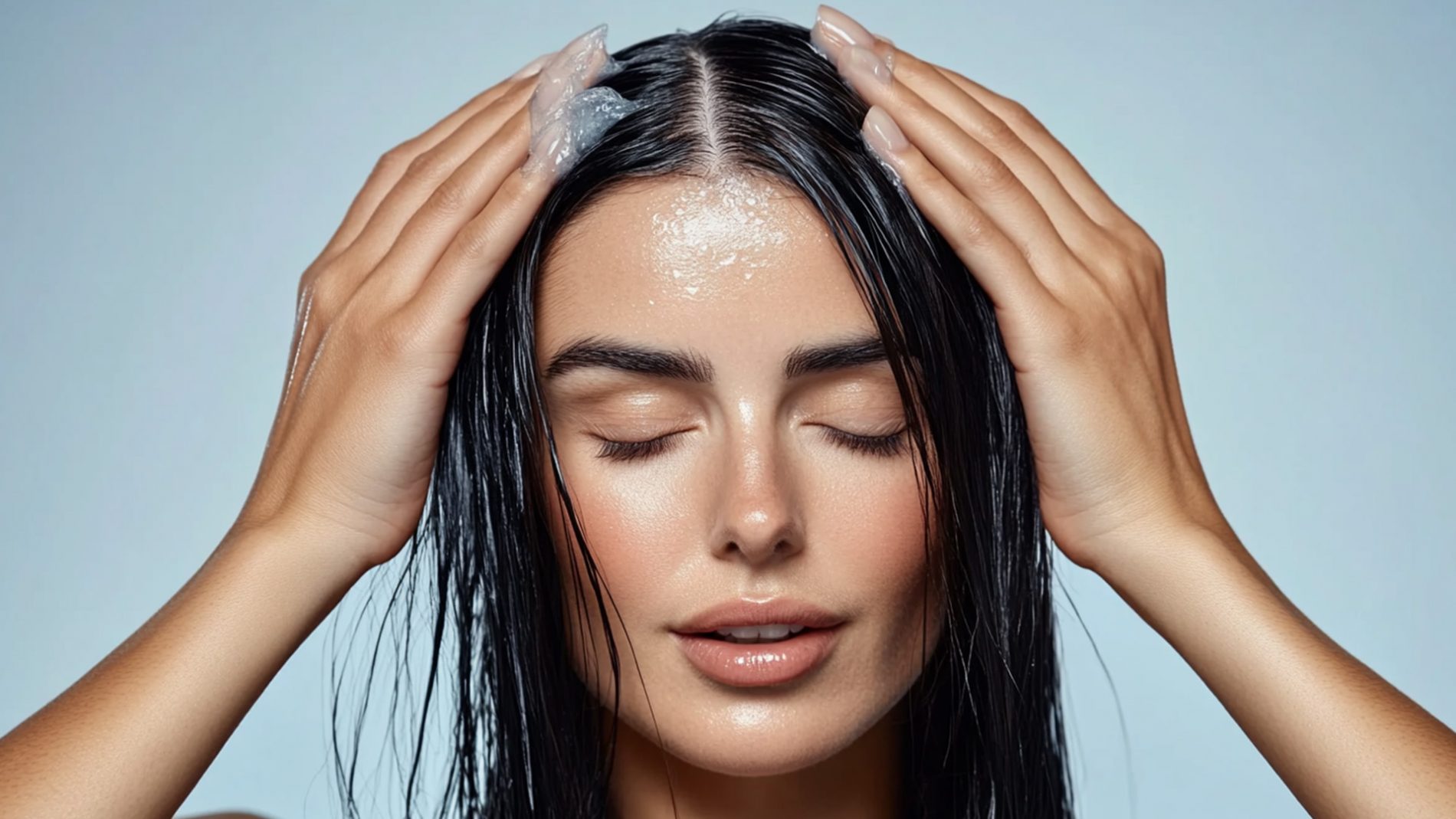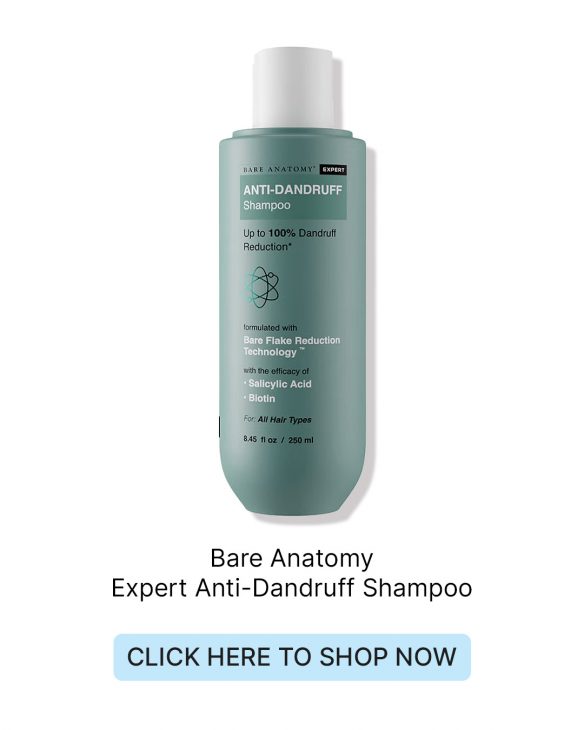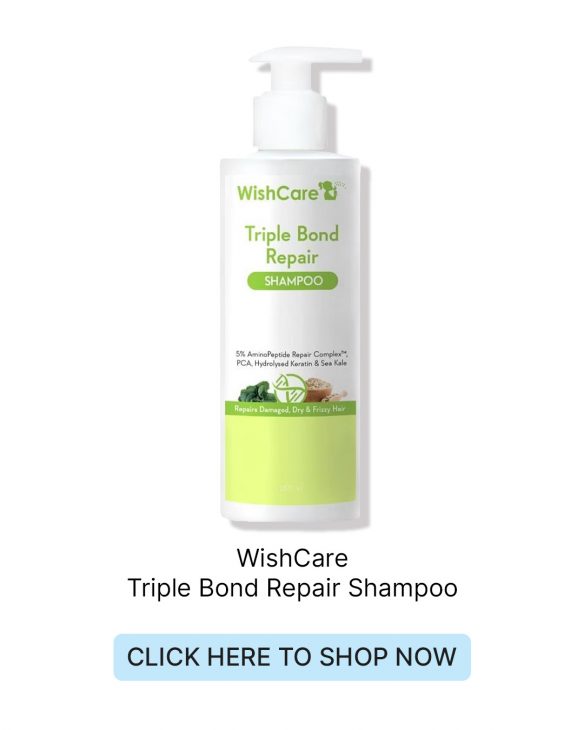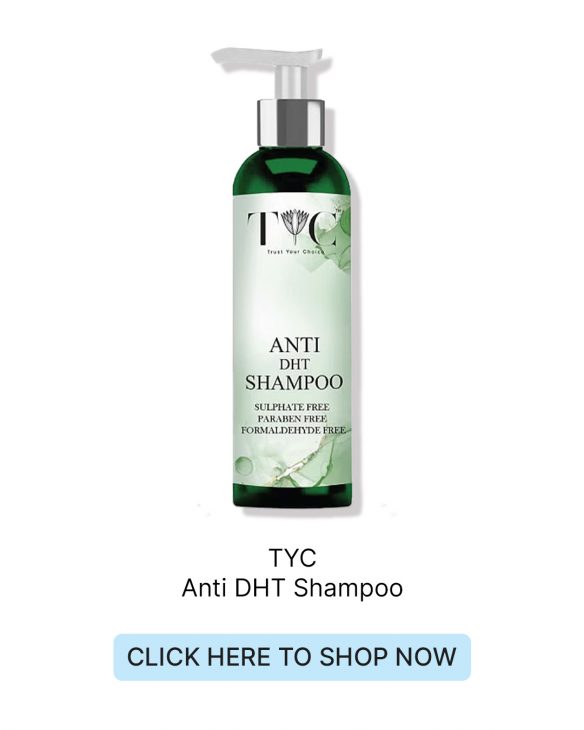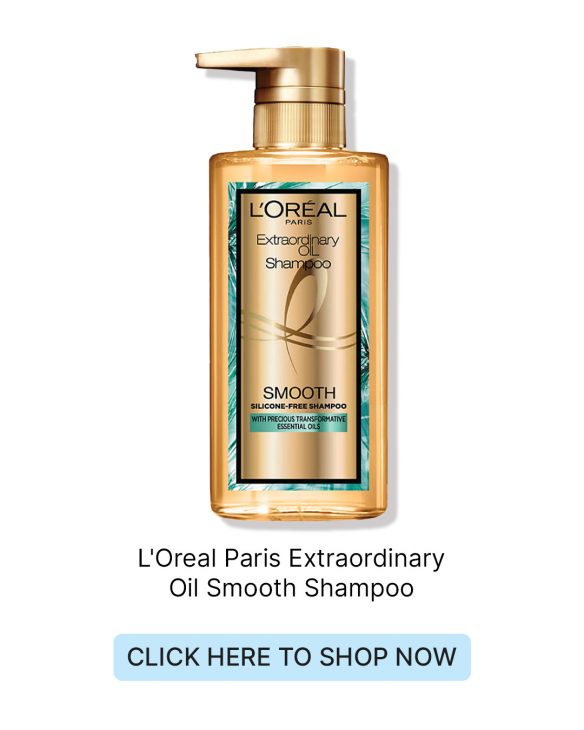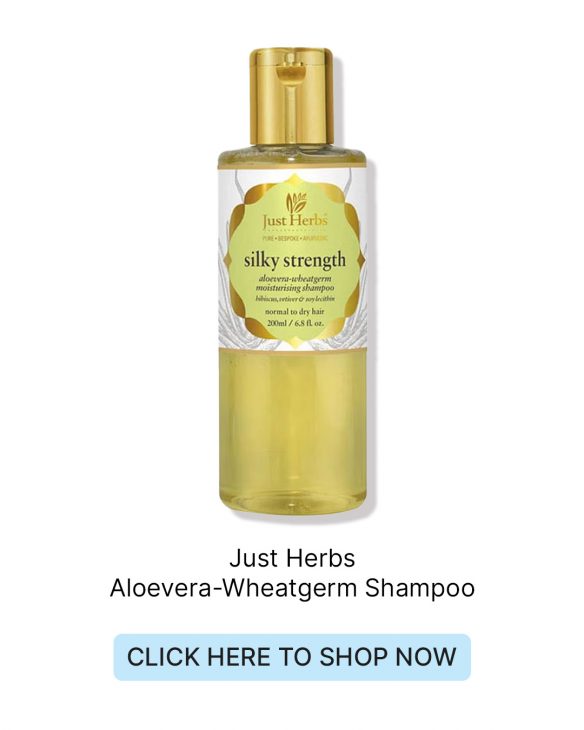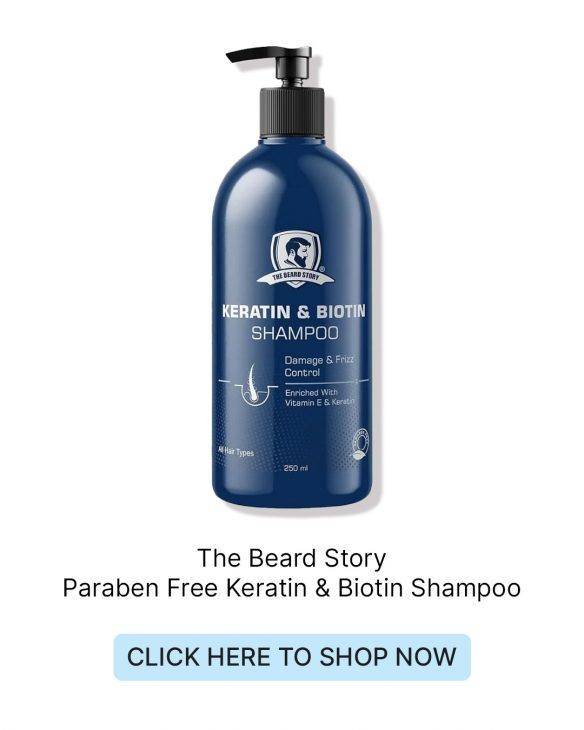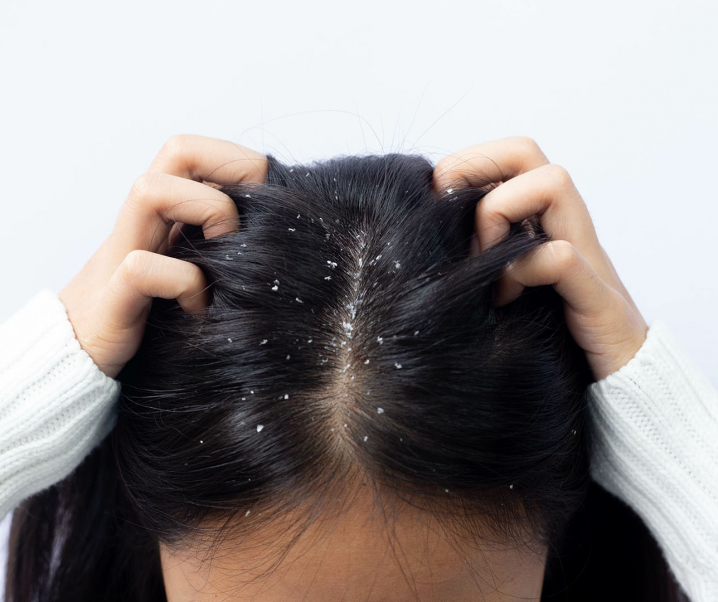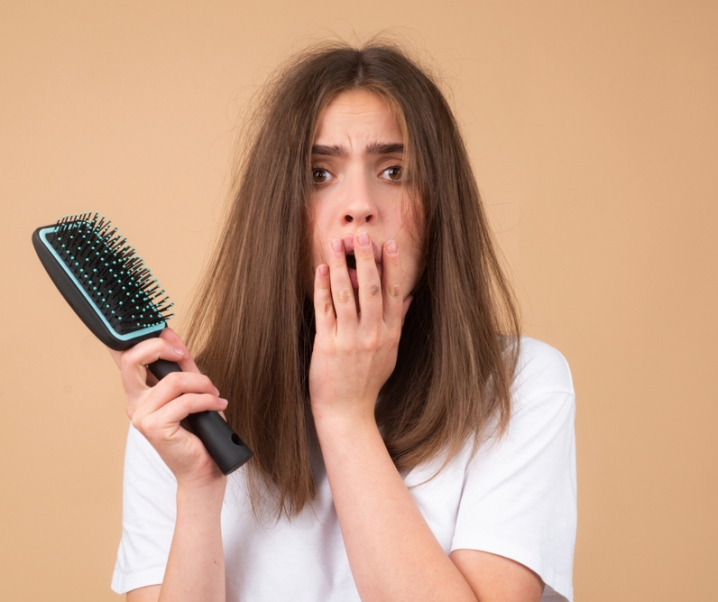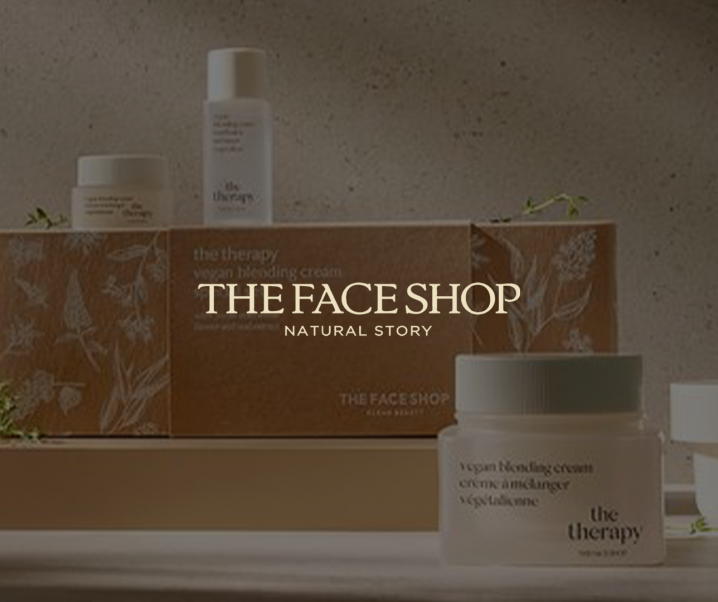In recent years, parabens have gained a bad reputation, especially in hair and skincare. But what are parabens, and why are they considered harmful? Let’s dive into the facts, myths, and everything you need to know to make informed decisions for your scalp health.
What Are Parabens?
Parabens are synthetic chemicals widely used as preservatives in cosmetics and personal care products, including shampoos, conditioners, and body washes. They prevent the growth of bacteria and mould, which is crucial for extending a product’s shelf life.
Common Types of Parabens
- Methylparaben: Found in many hair care products.
- Propylparaben: Often used in combination with other parabens for preservation.
- Butylparaben: Common in skincare but can also appear in hair products.
While they may sound like miracle workers for product longevity, the health concerns surrounding parabens have raised eyebrows.
How Parabens Affect Scalp Health
Parabens might help increase your shampoo’s shelf life, but let’s understand what they do to your scalp and hair.
Scalp Irritation and Dryness
Parabens can lead to irritation, particularly for those with sensitive skin or conditions like eczema. They strip your scalp’s natural oil, leaving it dry and flaky.
Impact on Hair Follicles
Some studies suggest that prolonged exposure to parabens may weaken hair follicles, potentially leading to hair thinning or hair loss over time. Although the evidence isn’t definitive, it’s a concern for many.
Parabens and Hormonal Disruption
One of the most alarming claims about parabens is their ability to act as endocrine disruptors, meaning they may interfere with hormone function.
What Does the Research Say?
- Parabens can mimic oestrogen, which may lead to hormonal imbalances in both men and women.
- Studies have detected parabens in breast cancer tissue, sparking debate about their potential link to hormone-related cancers.
Although more research is needed, this has led many to opt for paraben-free products as a precaution.
Regulatory Perspectives on Parabens
FDA and EU Regulations
The safety of parabens has been a topic of global scrutiny:
- In the EU, certain parabens, such as isopropylparaben and benzylparaben, have been banned in cosmetics due to health concerns.
- The FDA in the United States has not banned parabens but advises consumers to stay informed about their cosmetic choices.
With increasing consumer awareness, regulations may become stricter in the future.
Identifying Parabens in Your Hair Care Products
How to Spot Parabens on Labels
Understanding ingredient labels is key to avoiding parabens. Look for terms like:
- Methylparaben
- Ethylparaben
- Propylparaben
- Butylparaben
These can also appear under other names, so keeping an eye out for the word “paraben” in any form is a good rule of thumb.
Alternatives to Paraben-Preserved Shampoos
In response to the growing concerns around parabens, brands have started turning to natural preservatives and safer synthetic options.
Common Natural Preservatives:
- Vitamin E (Tocopherol): Helps protect against oxidation.
- Essential oils: Like tea tree and rosemary, which have antibacterial properties.
Benefits of Paraben-Free Shampoos
Switching to paraben-free shampoos can improve scalp health, reduce irritation, and restore your hair’s natural shine and vitality. These shampoos are often paired with nourishing, plant-based ingredients for added benefits.
Product Recommendations:
Consumer Shift Toward Paraben-Free Products
Why Are Paraben-Free Products in Demand?
Increased awareness of the adverse effects of parabens has led to a surge in demand for paraben-free products.
Market Growth:
The market for paraben-free cosmetics is expected to grow leaps and bounds over the next decade.
Better Labelling:
Brands today proudly showcase “paraben-free” on their label to target today’s woke consumers.
This shift is driving innovation in the use of natural preservatives, making it easier for consumers to avoid harmful ingredients without compromising on quality.
Final Thoughts
Parabens have served a purpose in the cosmetics industry, but their potential risks may outweigh the benefits for many people. By switching to paraben-free shampoos and hair care products, you can take a proactive approach to protecting your scalp health and overall well-being. Whether you have sensitive skin, want to avoid hormonal disruptions, or simply prefer more natural products, the choice to go paraben-free is a step towards healthier hair care.

